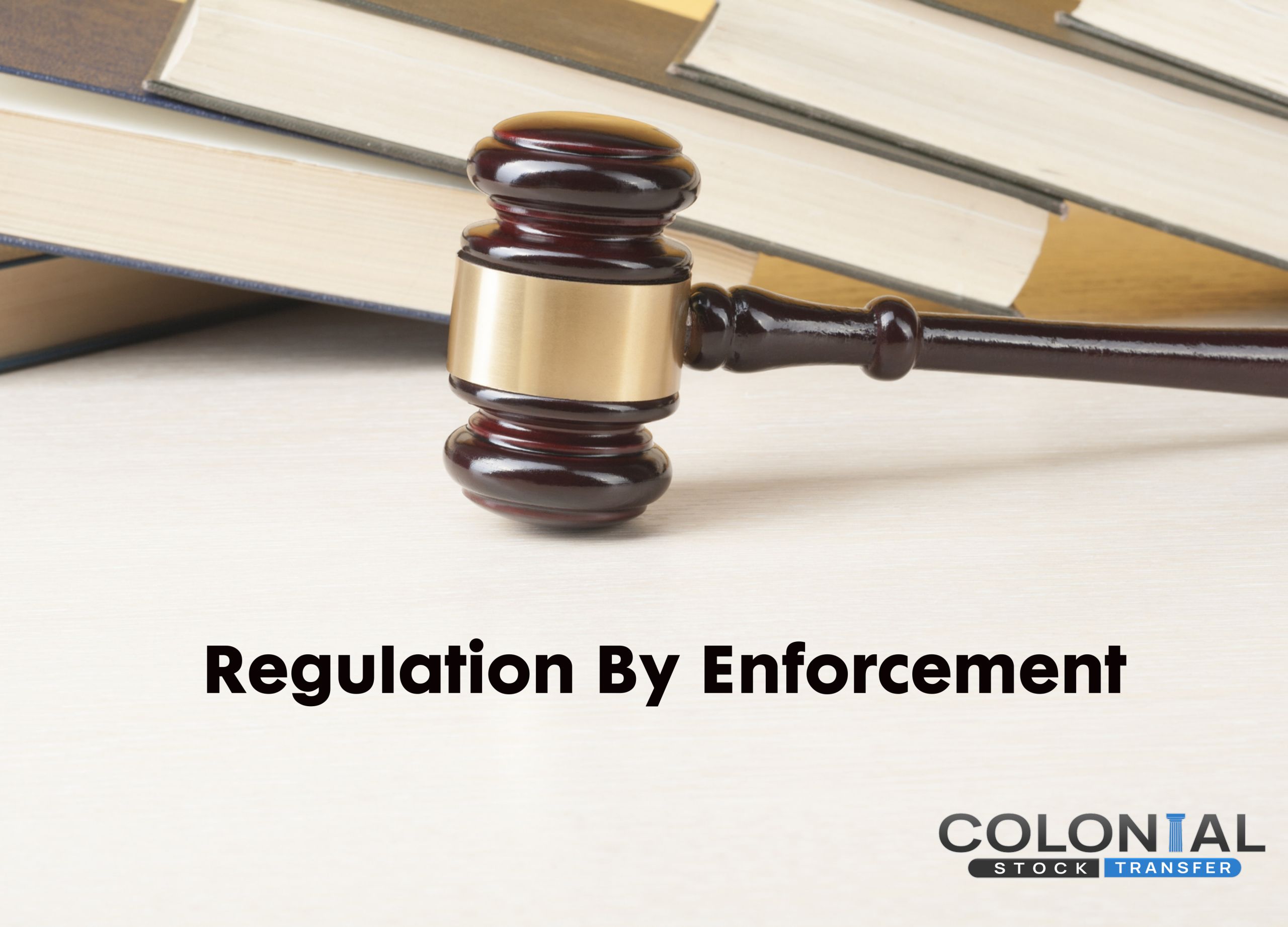
Throughout the years, the SEC has been criticized for it its practice known as regulation by enforcement. Its practices have waxed and waned over the years, but more recently, the SEC has been more willing to regulate by enforcement. This has led to new regulations and rules, which market participants have noticed. Numerous advocacy groups have voiced their displeasure, and some believe that the SEC has not been consistent, or indeed fair, with its enforcement measures.
There are some areas that rightfully garner the attention of the SEC’s regulation by enforcement practice. Examples include cryptocurrency, blockchain technology, and everything associated with Web3. This is an area that does not have a lot of regulation right now, and most meaningful regulation is coming from the SEC’s regulation by enforcement.
Even though there have been numerous calls for more regulation, the SEC has simply stepped up its regulation by enforcement, much to the dismay of everyone else.
The Ignore It Mantra
As the global cryptocurrency market continues to expand, just about every major financial player is participating in it. Even though there are questionable financial practices taking place in this market, the SEC has largely continued to ignore most parts of the cryptocurrency market, only cracking down selectively on individual players. This makes it difficult for companies to figure out what is allowed and what is not.
The Fight It Mantra
There are other situations where the SEC is choosing to fight. This can sometimes be confusing for companies, as some wonder why they are in the line of fire while others are not. For example, the SEC sued Ripple in 2020, claiming that it had completed an unregistered sale of securities when it sold its XRP tokens. Ripple responded by claiming that XRP is not a currency and is not a security that falls under the jurisdiction of the SEC. This is evidence of the significant amount of confusion that still exists in this marketplace. Some defendants have been successful in fighting back against SEC, winning lawsuits in court.
The Make it Work For You Mantra
Finally, there are situations where companies simply work hard to make it work for them. For example, BlockFi settled an SEC enforcement proceeding in February 2022 after the SEC accused BlockFi of engaging in the sale of unregistered securities. Companies need to weigh whether the cost of settling lawsuits is worth avoiding going to court to fight the SEC.
More Clarity Is Needed
The inconsistent enforcement measures of the SEC, particularly as they relate to cryptocurrency, NFTs, and blockchain technology, need to be addressed. Otherwise, companies will continue to be confused regarding what is allowed and what is not. Not every company can afford to fight the SEC in court, and even the cost of settling these lawsuits can be significant. Furthermore, there is no real methodology that allows companies to register as dealers when they engage solely in investment activities for their own accounts. The confusion needs to be cleared up to reduce regulatory liability and expenses.
Colonial Stock Transfer can assist companies with security token transfer agent and registrar services. Contact us today to request a proposal.




